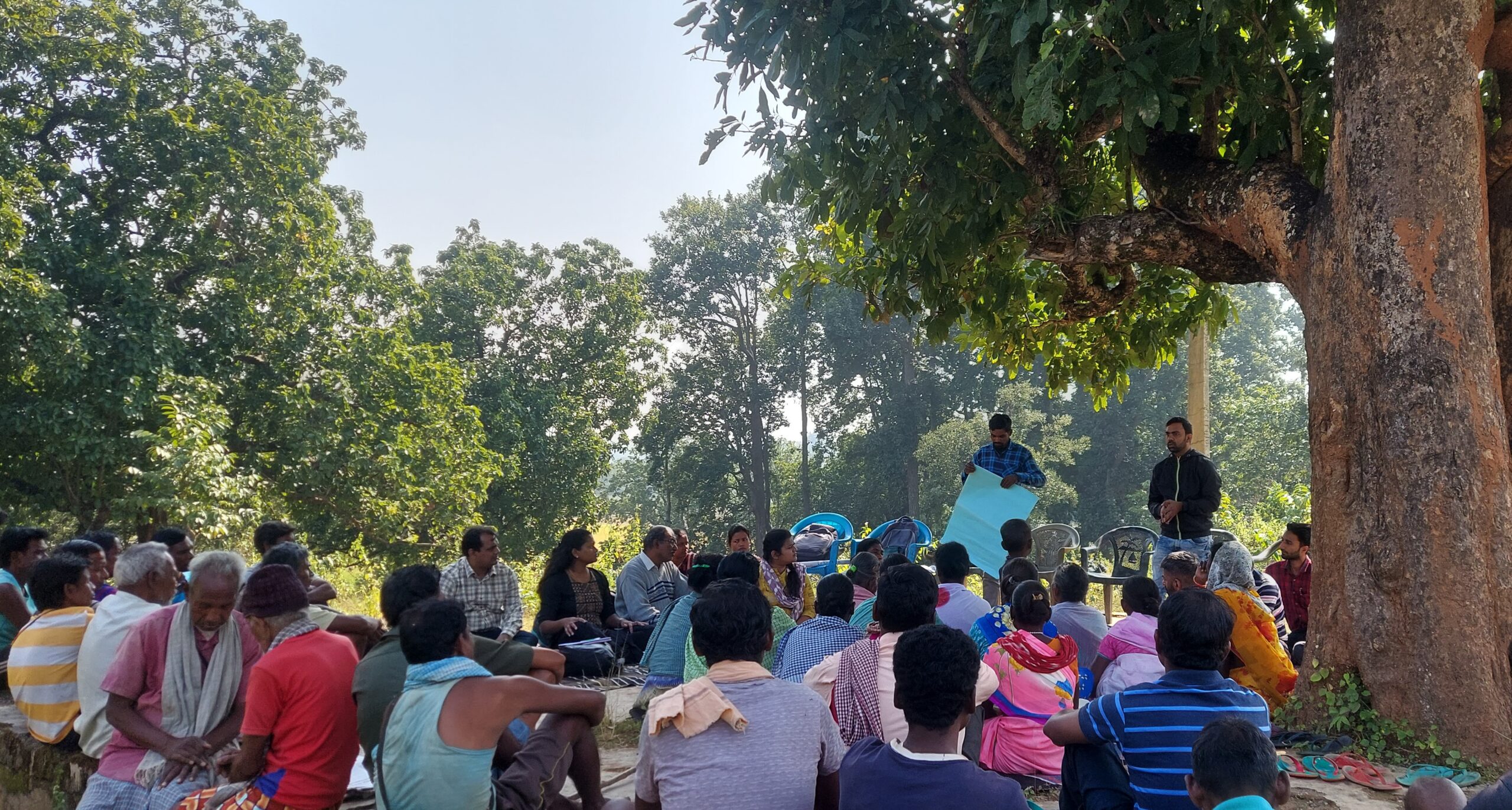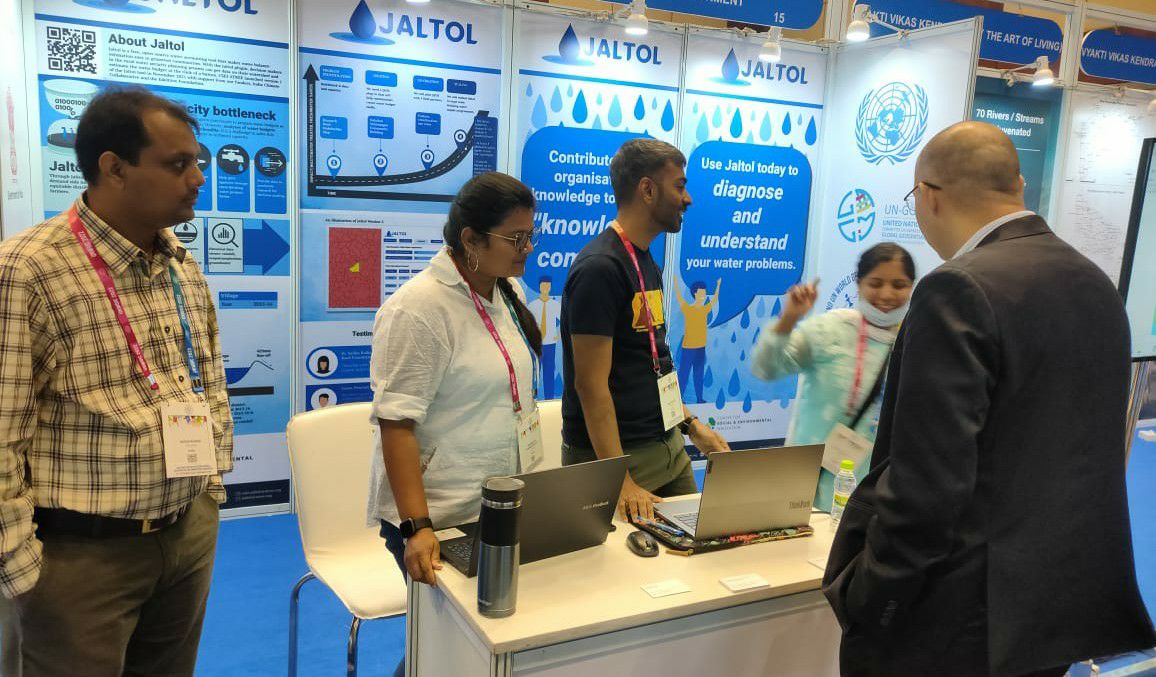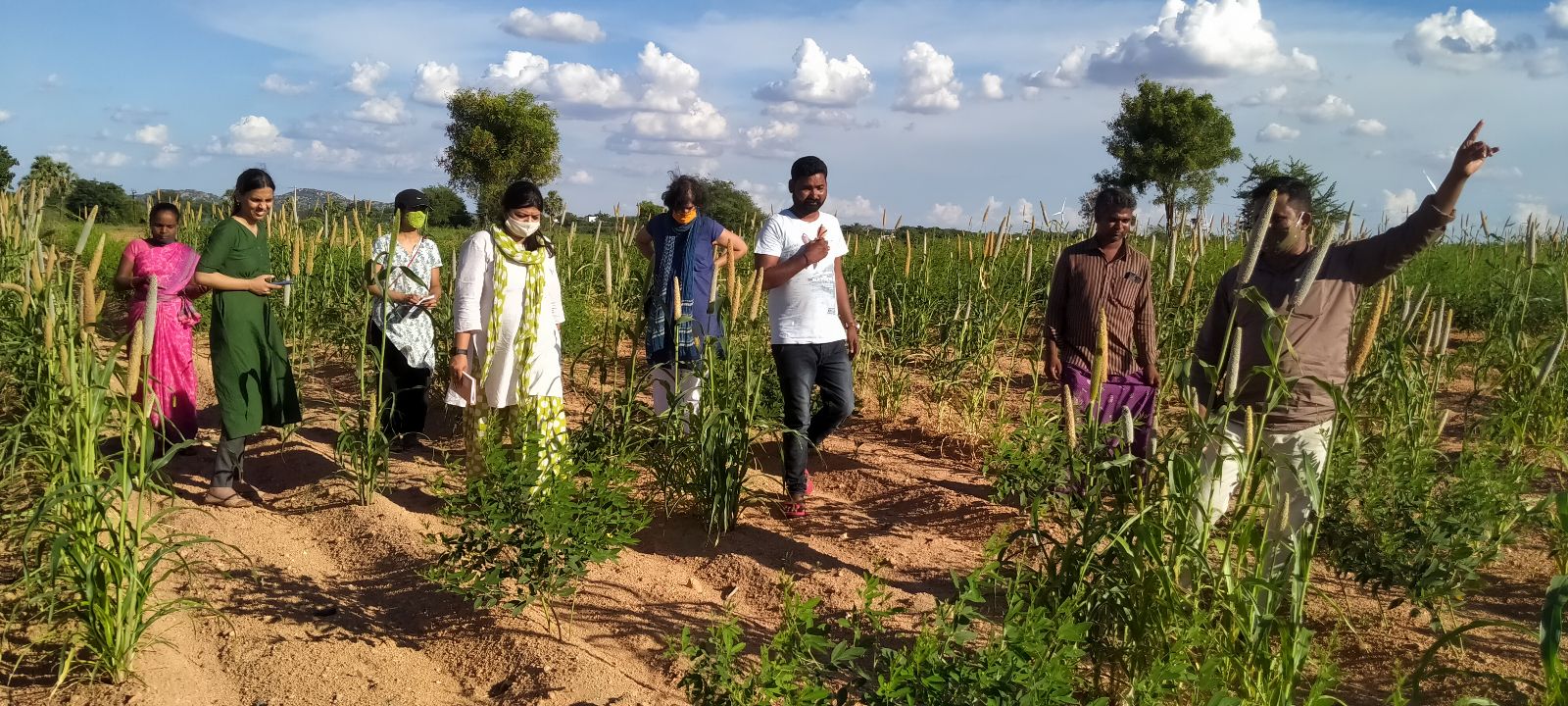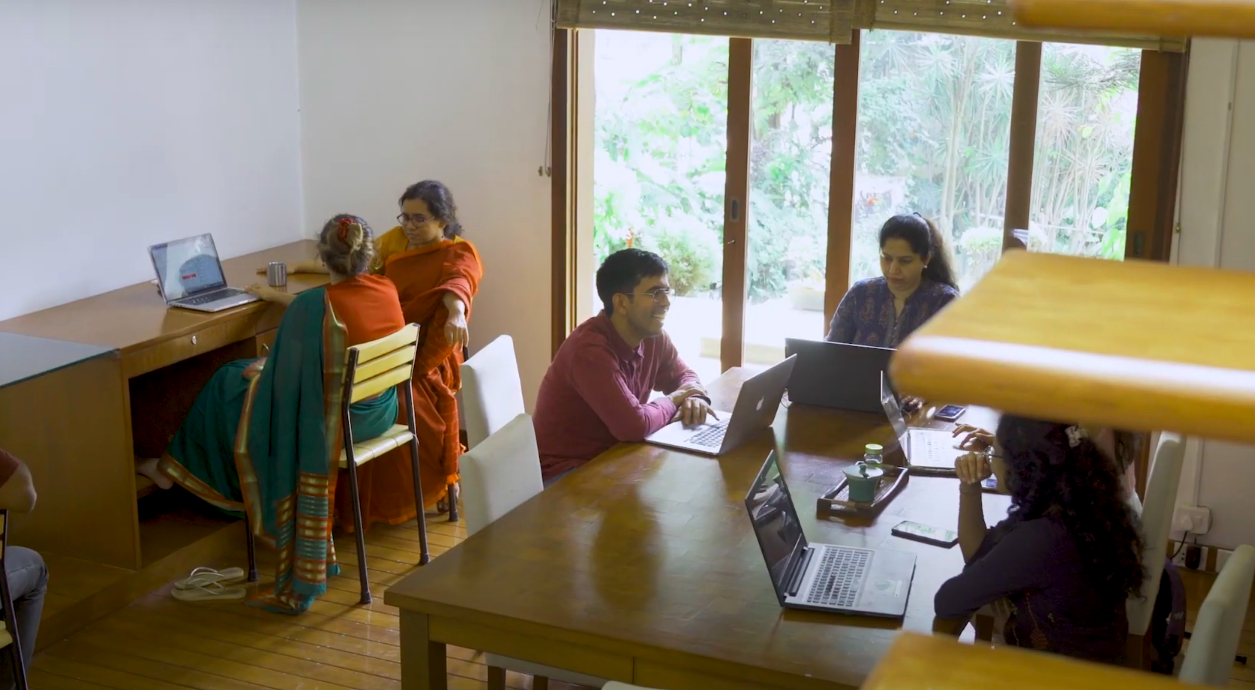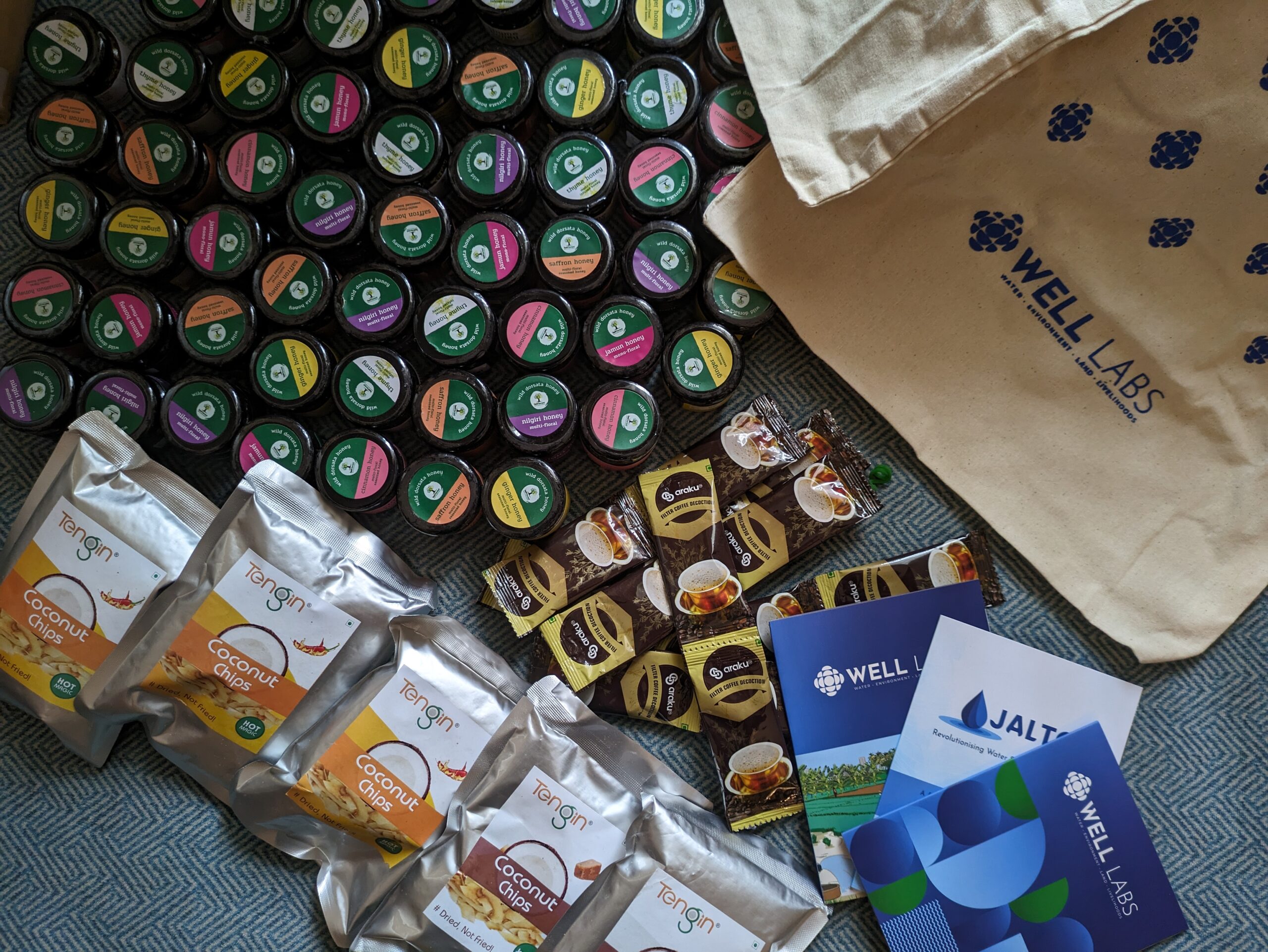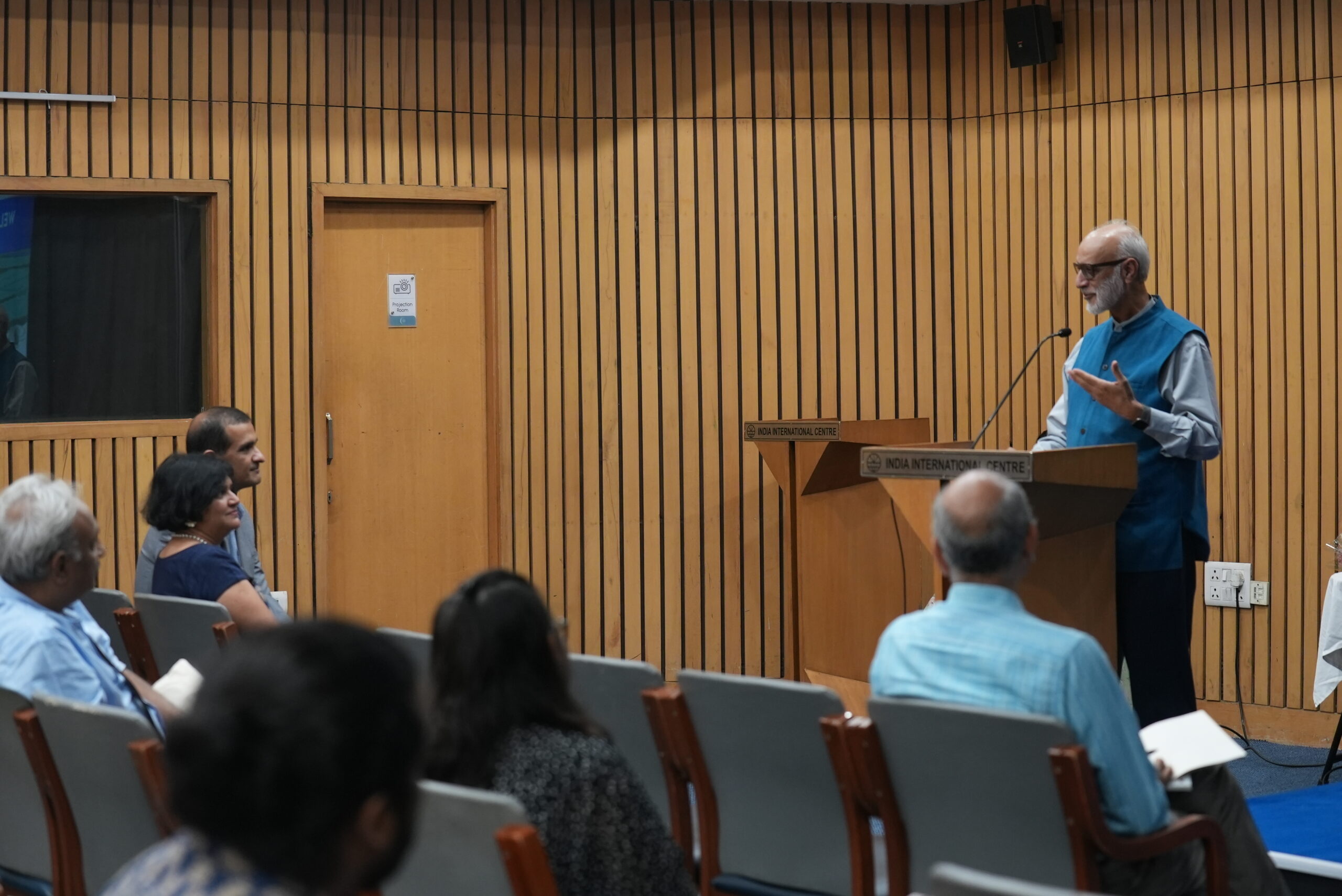Using Systems Thinking to Create a Sustainable Food System
Food systems are complex and interconnected, yet most efforts to improve them tend to look at them in parts. This has often resulted in unsustainable food systems with adverse environmental and social impacts. We show how a systems approach can help better understand our food systems and identify opportunities to address multiple challenges simultaneously.
This article illustrates how systems thinking can help identify opportunities for creating sustainable food systems using the example of the Sikkim Darjeeling Himalayan region.
Fill these details to access the publication
Acknowledgements
Contributors: Zarir De Vitre, Veena Srinivasan and Sarala Khaling
The authors conducted this work when they were with the Centre for Social and Environmental Innovation at the Ashoka Trust for Research in Ecology and the Environment (CSEI-ATREE). WELL Labs is now taking it forward in collaboration with ATREE.
Follow us for more.

